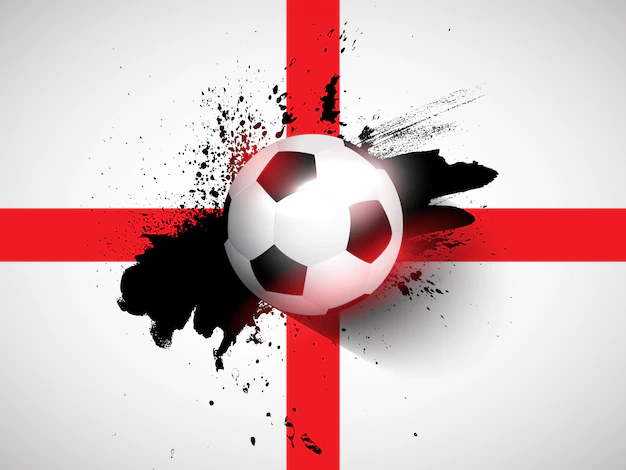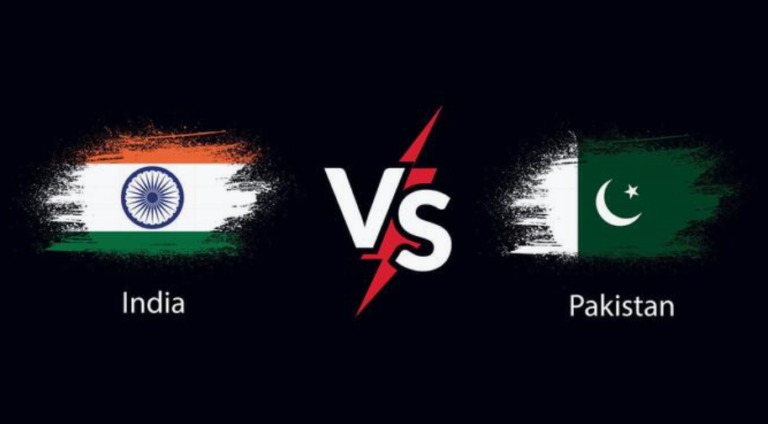
Manchester United, fondly referred to as “The Red Devils,” stands as one of the most iconic football clubs in the world. Founded in 1878 as Newton Heath LYR Football Club, the club was renamed Manchester United in 1902, marking the beginning of its rich and illustrious history. With a record of domestic and international successes, a global fanbase, and an enduring legacy, Manchester United is synonymous with excellence in football.
Early Days and Struggles
The club’s journey began in the industrial heart of Manchester, where railway workers founded Newton Heath. Despite early promise, financial struggles plagued the club, nearly leading to its demise in the early 1900s. Salvation came in the form of local brewery owner John Henry Davies, who invested in the team and renamed it Manchester United. This pivotal moment set the stage for a remarkable transformation.
United’s first major success came in 1908 when they won the First Division title, followed by their first FA Cup triumph in 1909. However, the road to sustained dominance was far from smooth. The club faced numerous challenges, including financial instability and disruptions caused by World Wars.
The Busby Era: A Golden Generation
The appointment of Sir Matt Busby as manager in 1945 marked the beginning of a transformative era. Busby introduced a forward-thinking approach to football, emphasizing attacking play and nurturing young talent. Under his guidance, Manchester United won three league titles in the 1950s and built a reputation for entertaining football.
However, tragedy struck on February 6, 1958, with the Munich Air Disaster. The crash claimed the lives of 23 people, including eight players from the legendary “Busby Babes” team. The tragedy shook the footballing world, but Busby’s resilience and determination led the club’s revival. Just a decade later, in 1968, Manchester United became the first English club to win the European Cup, a fitting tribute to those lost in Munich.
The Ferguson Era: Dominance Redefined
If Sir Matt Busby laid the foundation, Sir Alex Ferguson built a footballing empire. Appointed in 1986, Ferguson transformed Manchester United into a global powerhouse. His reign, lasting an unprecedented 26 years, is marked by unparalleled success: 13 Premier League titles, five FA Cups, four League Cups, and two UEFA Champions League trophies.
Ferguson’s ability to rebuild and reinvent his squads ensured sustained success. From the “Class of ’92” featuring Ryan Giggs, Paul Scholes, and David Beckham, to the dominance of stars like Cristiano Ronaldo and Wayne Rooney, Ferguson’s teams defined an era.
The 1998-99 treble-winning season remains a crowning achievement. Manchester United secured the Premier League, FA Cup, and UEFA Champions League in a single season—a feat unmatched in English football.
Post-Ferguson Challenges

Ferguson’s retirement in 2013 marked the end of an era, and Manchester United has since struggled to replicate the consistent success of his tenure. A series of managerial changes, including David Moyes, Louis van Gaal, José Mourinho, and Ole Gunnar Solskjær, has led to fluctuating fortunes.
Despite challenges, the club has secured silverware in the post-Ferguson era, including the FA Cup (2016), League Cup (2017), and UEFA Europa League (2017). However, the quest for Premier League dominance and European glory remains a work in progress.
The Modern Era: A New Dawn?
Under the current management of Erik ten Hag, Manchester United is undergoing a period of rebuilding. With a blend of experienced players and young talents like Marcus Rashford, Bruno Fernandes, and Jadon Sancho, there is renewed optimism among fans.
Off the pitch, the club’s ownership by the Glazer family has been a point of contention among supporters. Protests against the ownership model and demands for greater transparency reflect the passionate nature of Manchester United’s fanbase.
Global Impact and Commercial Success
Beyond the pitch, Manchester United is a global brand with an estimated fanbase of over a billion people. The club’s iconic red jersey, the “Theatre of Dreams” at Old Trafford, and its storied history resonate worldwide.
Commercially, Manchester United has been a trailblazer in monetizing its brand. Sponsorship deals with global giants like Adidas, Chevrolet, and TeamViewer have bolstered the club’s financial standing. However, critics argue that the focus on commercial success sometimes overshadows the club’s footballing ambitions.
Rivalries and Memorable Moments
Manchester United’s fierce rivalries, especially with Liverpool, Manchester City, and Arsenal, add drama and intensity to English football. Matches against Liverpool, often referred to as the “Northwest Derby,” are among the most anticipated in world football.
Over the years, United has delivered countless memorable moments: George Best’s brilliance, Eric Cantona’s swagger, Ole Gunnar Solskjær’s last-minute winner in the 1999 Champions League final, and Cristiano Ronaldo’s dazzling performances are etched in footballing folklore.
Looking Ahead
Manchester United’s journey is far from over. As the club navigates the modern football landscape, balancing tradition with innovation will be crucial. Investments in youth development, strategic signings, and consistent management will determine whether the Red Devils can return to the pinnacle of world football.
Conclusion
Manchester United’s legacy is a testament to resilience, passion, and excellence. From the tragedy of Munich to the triumphs under Busby and Ferguson, the club’s history is a source of inspiration for fans and players alike. As the club strives to recapture its glory days, one thing remains certain: Manchester United will forever be a symbol of footballing greatness.







1 thought on “Manchester United: A Legacy of Footballing Excellence”